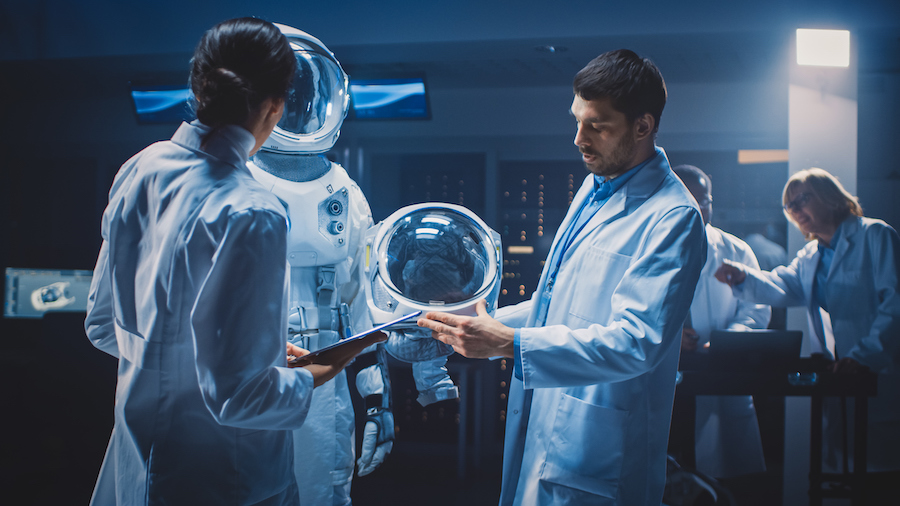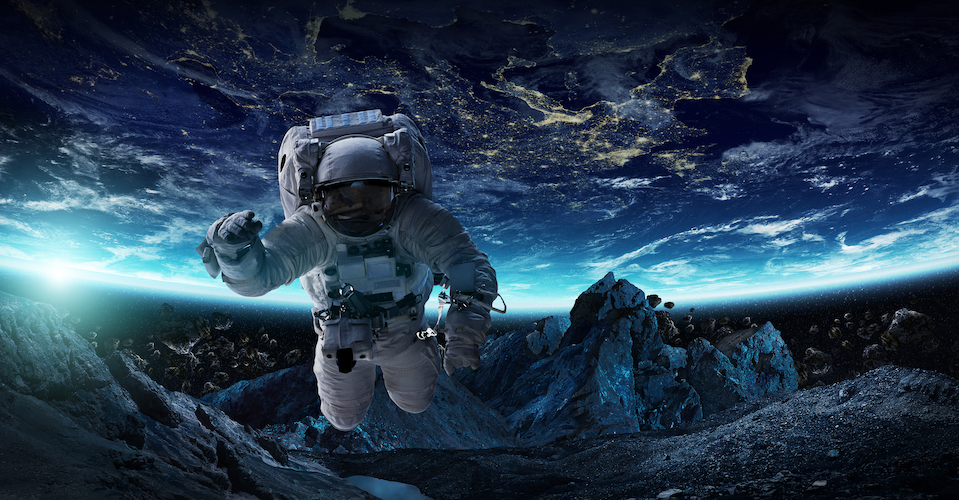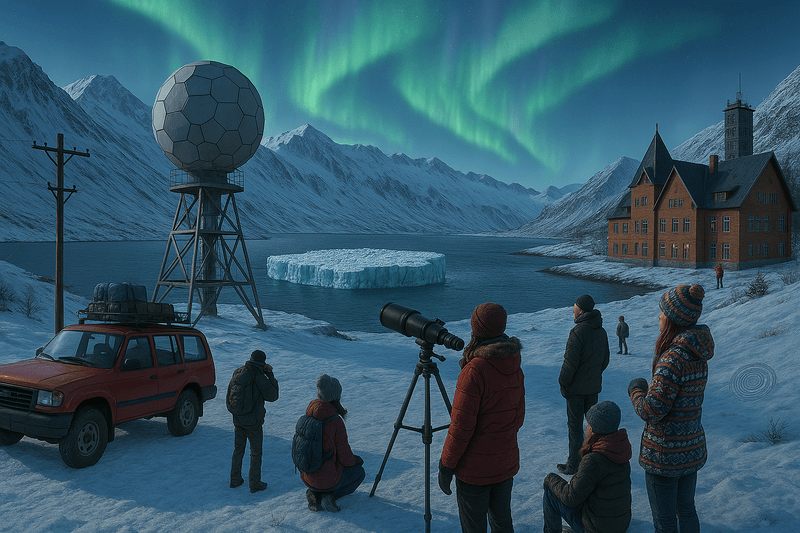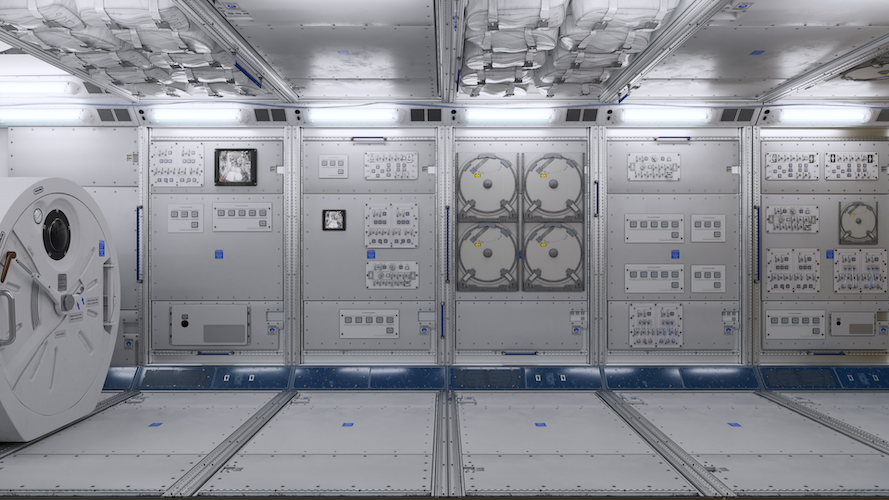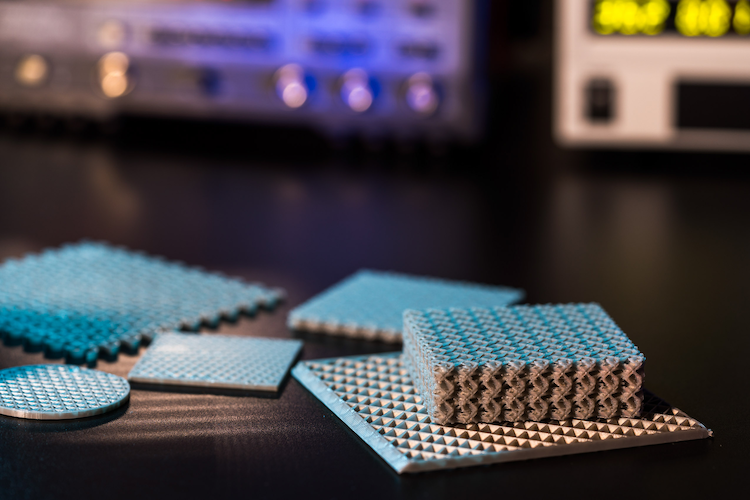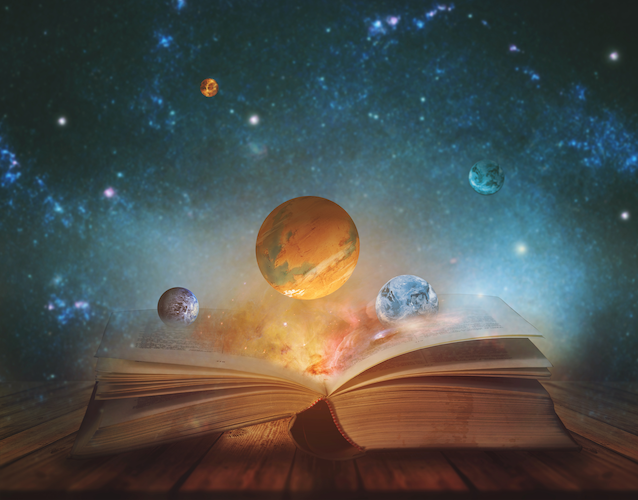
This is a multidisciplinary course. Students will explore the world of Space, while improving their professional English for their future studies and employment opportunities. Participants will also understand terminologies and concepts for fields relevant to the space sector as part of the UNIVERSEH programme (e.g. "space, earth, natural sciences, medicine, humanities") and contribute to the development of an illustrated Dictionary of Space Concepts that we are developing in cooperation with the Computer Linguistics Dept. There will be many opportunities to practice different text styles, such as interviewing, biographical notes, reports, and reflection writing. As an online course, digital media are endemic to the classroom environment, and the synchronous meetings will be supplemented with asynchronous tasks that will help students prepare for class and apply their newly acquired knowledge and skills. Continuous cooperation, peer review, video creation, and illustrations for the DSC, will result in a tangible product at the end of the term.
